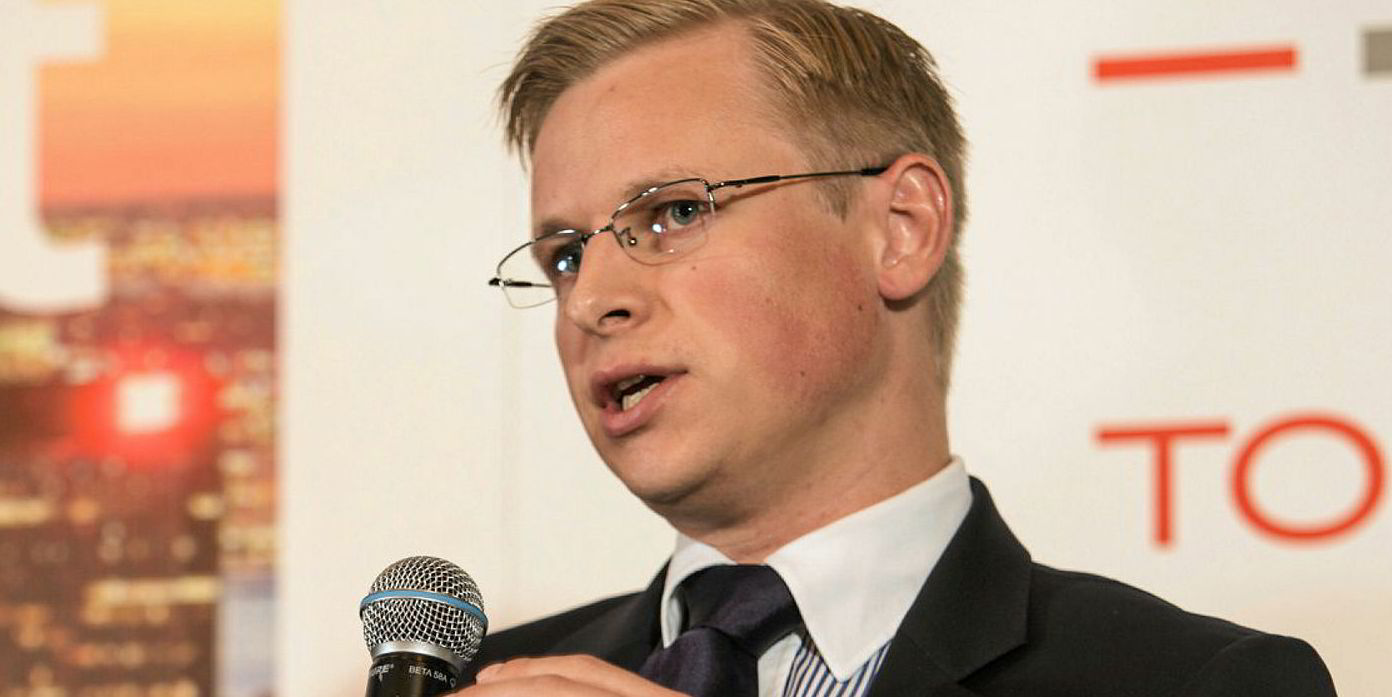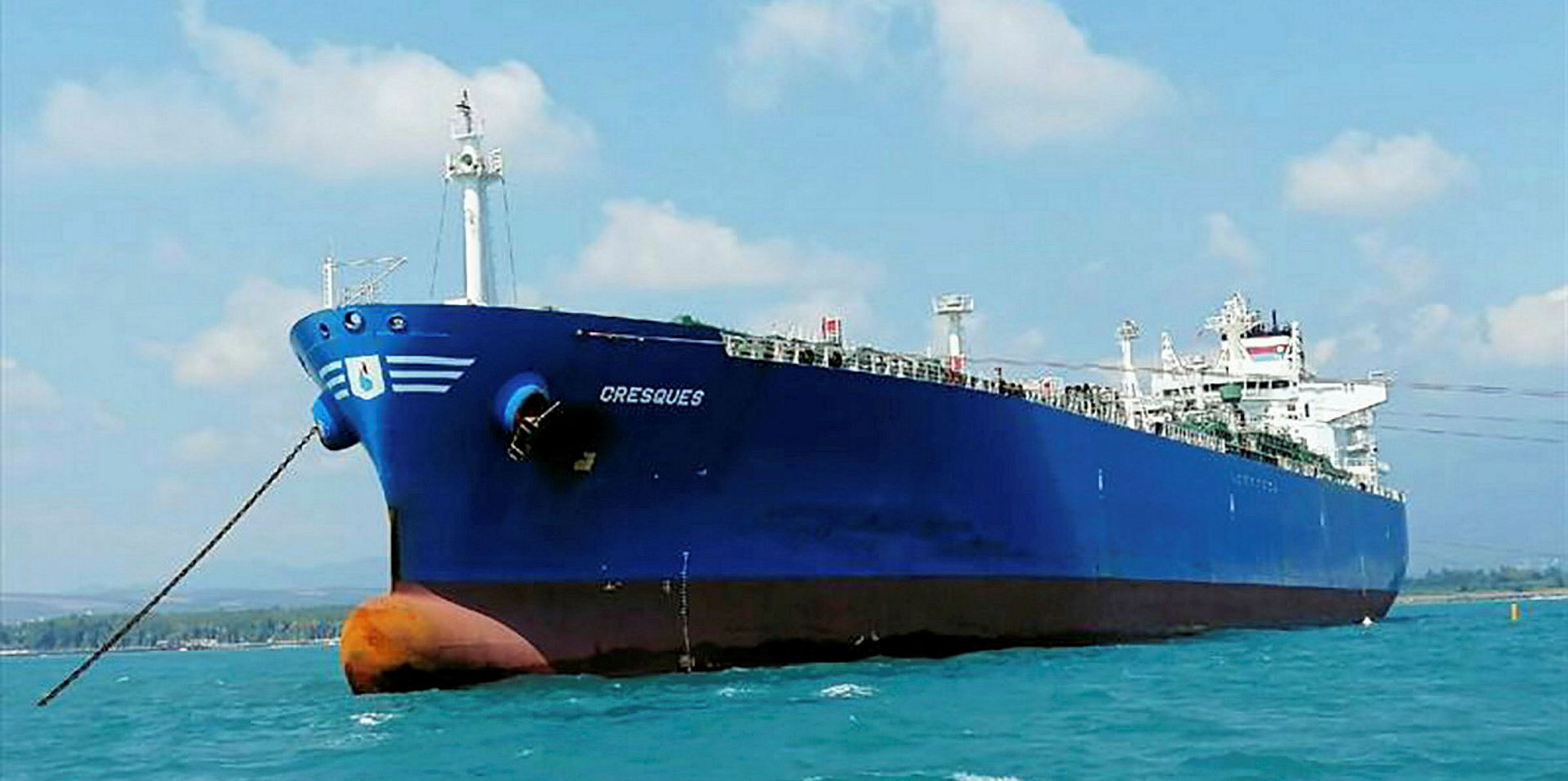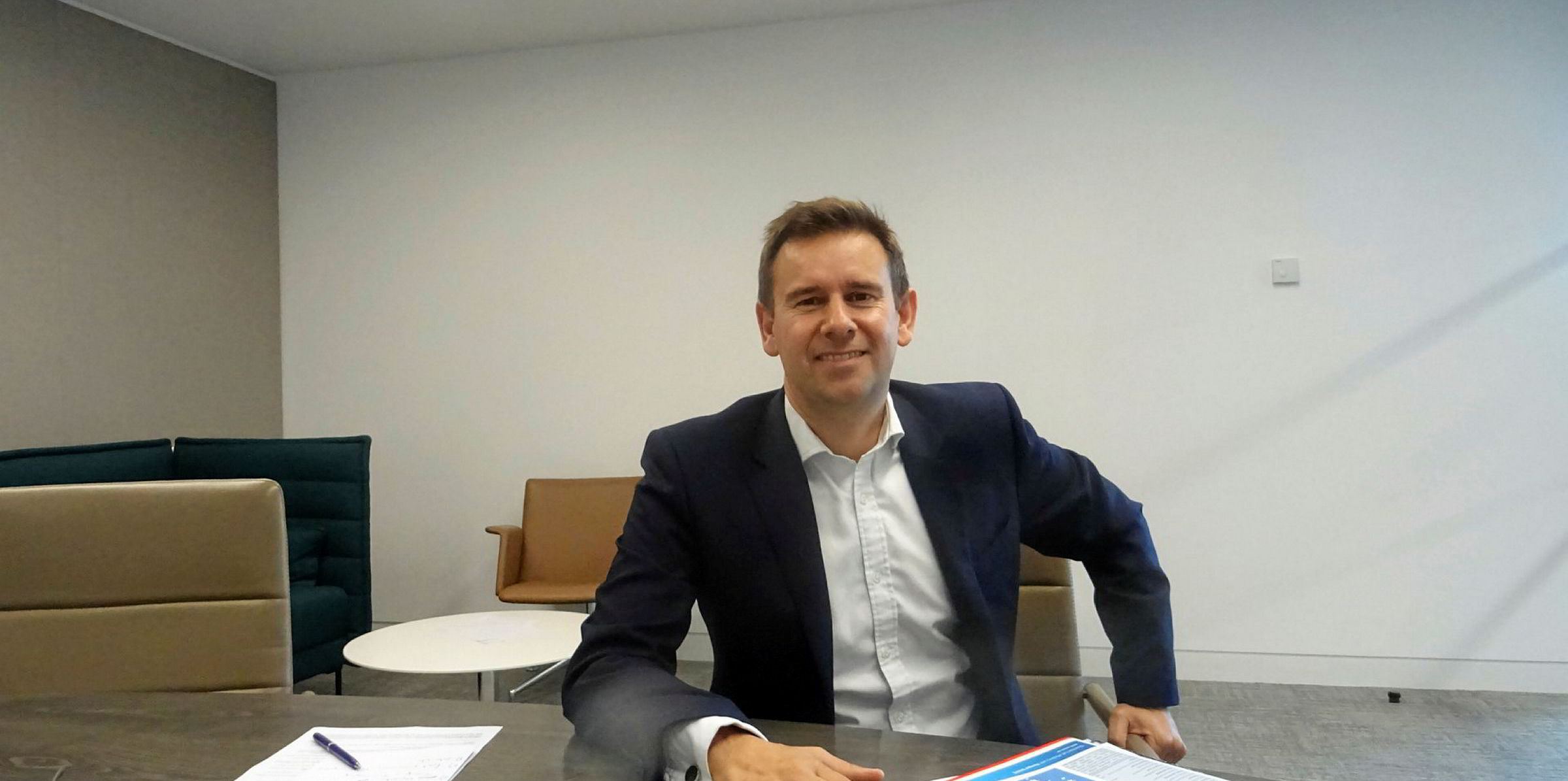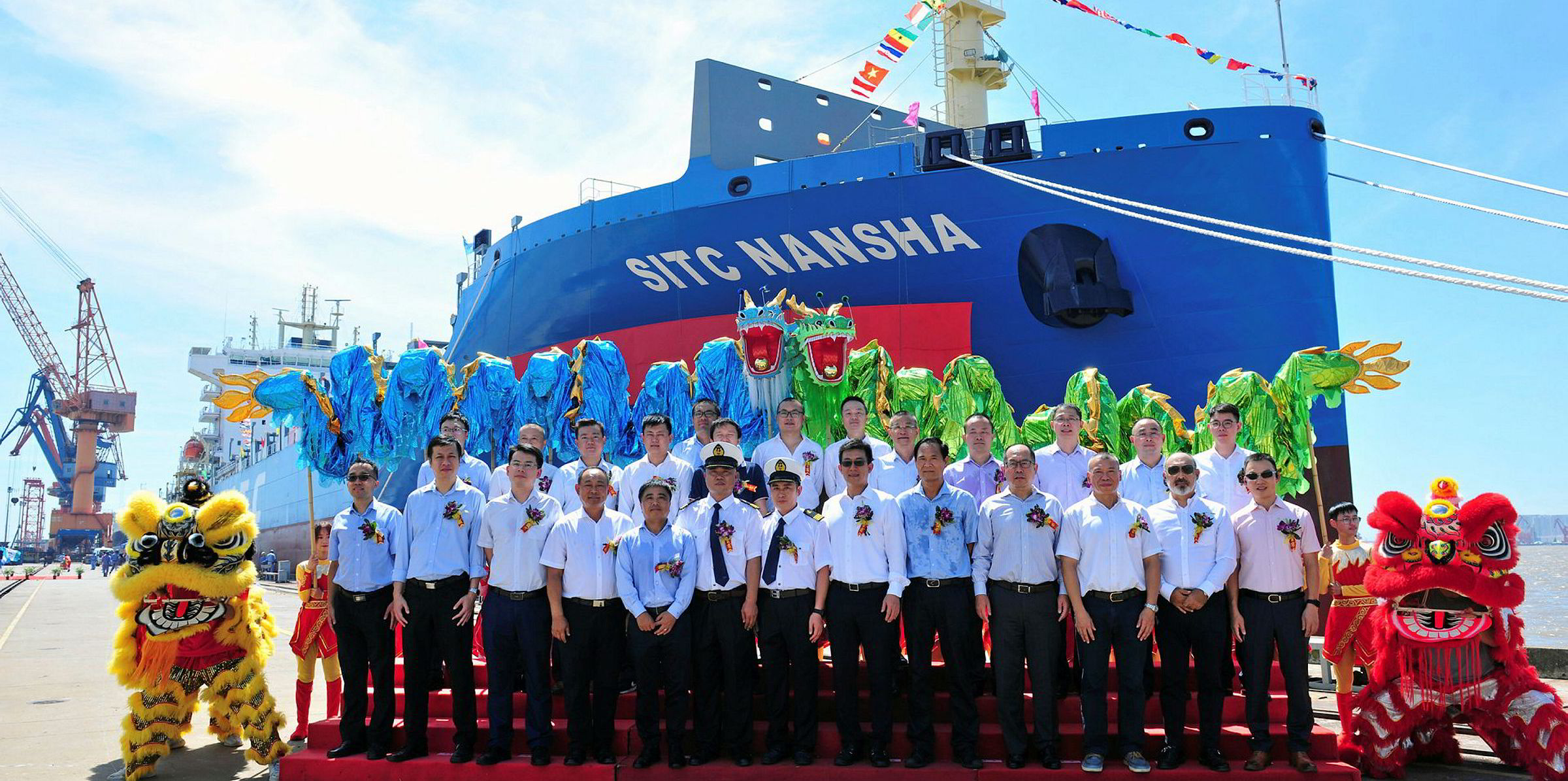Shipowners could be in for one of the best decades in some time due to a lack of spending on new vessels, according to Cleaves Securities.
The Norwegian investment bank calculates that 2020 is on course to have the fourth-lowest level of newbuilding orders on record.
Cleaves said 23.7m dwt of vessels have been contracted so far this year.
At that rate, this would mean a year-end figure of 31.6m dwt.
The worst year for shipyards was 2016, when 24m dwt of ships were ordered. Next come 1996 (26.1m dwt) and 1998 (27.1m dwt).
Tankers more popular
"The main driver this year is the dry bulk orderbook, with orders year to date at 8.1m dwt," Cleaves head of research Joakim Hannisdahl said.
The only lower figures over the first three quarters of a year were in 1998 (7.9m dwt) and 2001 (7.5m dwt).
"The ordering for tankers is slightly higher," he added.
"Counting the first three quarters, it ranks as the eighth-lowest year with 12.7m dwt on order year-to-date, with the three first quarters of 1996 at the bottom with 7.3m dwt."
With vessel supply set to tighten, Hannisdahl added: "The continued underinvestment in most shipping segments leads us to believe that the 2020s could be one of the best decades for shipping in a long time."
Clarksons Research data shows 512 new vessels contracted so far this year, against 1,491 in the whole of 2019 and 405 in 2017.
The UK company has said shipping's supply side remains "manageable", with the orderbook continuing to shorten to a 31-year low at 7% of capacity.
With limited new orders, Clarksons Research is projecting fleet growth of 2.6% this year and 1.7% for 2021.
Since the orderbook was last equal to less than 10% of the fleet in 1993, the great shipbuilding boom of the 2000s saw vessel ordering average 164m dwt per year between 2003 and 2008, according to Clarksons.
Steep drop
This took the orderbook as a percentage of the fleet to a peak of 52% at the end of 2008, with record ordering ending with the onset of the global financial crisis.
And the figure has dropped steeply since.
Last month, Oslo-listed owner Okeanis Eco Tankers said the tanker supply situation may be the "most bullish" in history.
But VesselsValue and Norwegian research house ViaMar have expressed doubts as to whether recent rises in VLGC rates can be maintained due to the relatively "firm" orderbook for these gas carriers.







